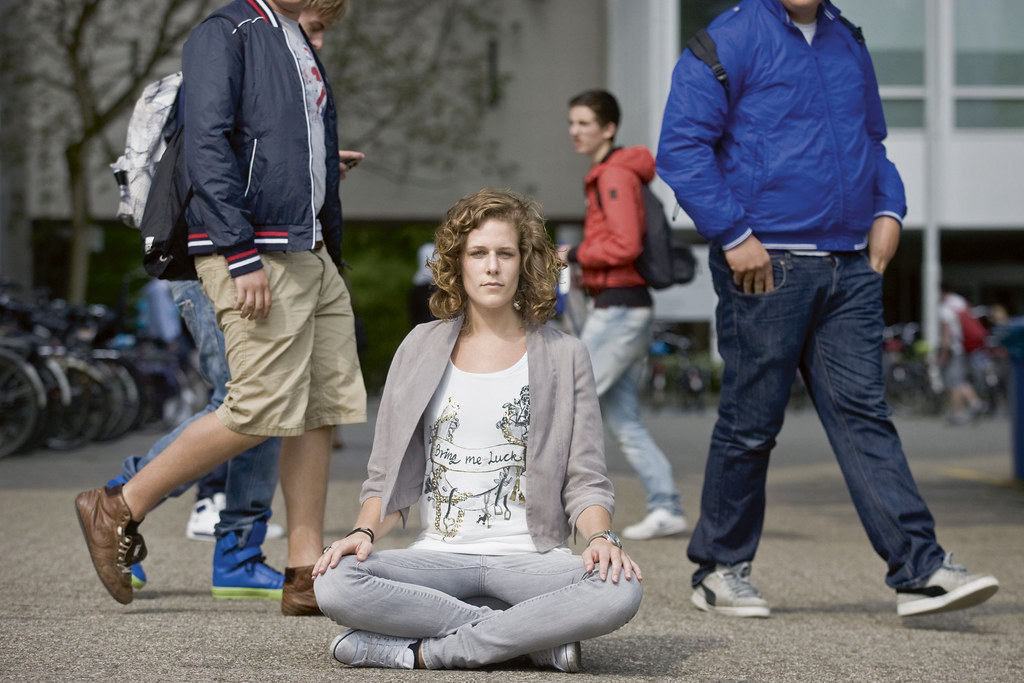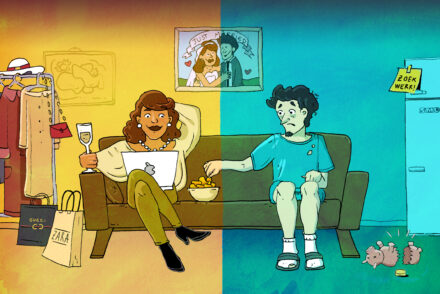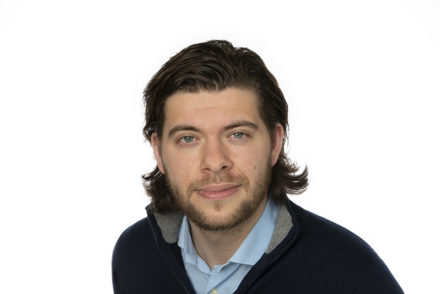Less church, more individual fulfillment: religion is evolving
Meditating, fasting during Ramadan, and blocking the A12. Where fewer people visit the church, they seek meaning in other things. ‘Religion is not disappearing, it has become more individual and fluid.’

Inevitably heading toward a world with less religion? Gods such as Allah, God, and Buddha are on their way out. With this surprising conclusion, researchers from Oxford have shaken up the field of religious studies. They show that people all over the world practice less religion, whereas it was long believed that this was mainly a Western development.
Is religion going extinct? Deborah de Koning, researcher in theology and religion at Tilburg School of Catholic Theology, doesn’t think it’s happening that quickly. Religion has simply taken on a different meaning. According to De Koning, people experience religion on a more personal level: What do I stand for? What do I find most important? These are the questions that guide them.
‘People put together their own package of beliefs,’ De Koning explains. Someone may vote for a Christian political party, practice Buddhist meditation, and participate in fasting during Ramadan. ‘In the Netherlands, we call this multiple religious belonging. People combine practices and traditions from different religions. So religions are certainly not disappearing, but they are being practiced in a new way.’
A New Form
Take the climate movement, says De Koning, where rituals and identity formation also play a role. Sometimes climate activism functions almost like a religion: eating vegan, performing set rituals like separating waste, even recurring blockades of the A12 that resemble a kind of ceremony.
Even the language of religion can be found in the climate debate. Terms such as “ecological sins”, “climate pope”, and “climate saint” are often used. Religion, De Koning wants to emphasize, moves with the times.
Very Much Alive
‘Worldwide, you can often see that religion is very much alive,’ says De Koning. In many societies, large-scale secularization never happened. At the same time, young people in the Netherlands are once again searching for community and grounding.
Identity plays a key role in this: ‘In times of uncertainty, people tend to return to their religious or cultural roots.’ Take Ukraine, for example, where during the war the percentage of believers rose from 69 percent to 75 percent.
Always in Motion
According to De Koning, we romanticize the past when we think religion used to be more stable and homogeneous. ‘Look at Christianity: it has always evolved.’ For example, some churches have opened up to same-sex marriage.
In her view, religion has never been static, but always in motion. And it is precisely this flexibility that makes religion continually relevant. ‘This flexible and fluid character, also described as ‘liquid religion’, fits well with our times a time in which people combine elements from different religions and traditions to create their own sense of meaning.’







